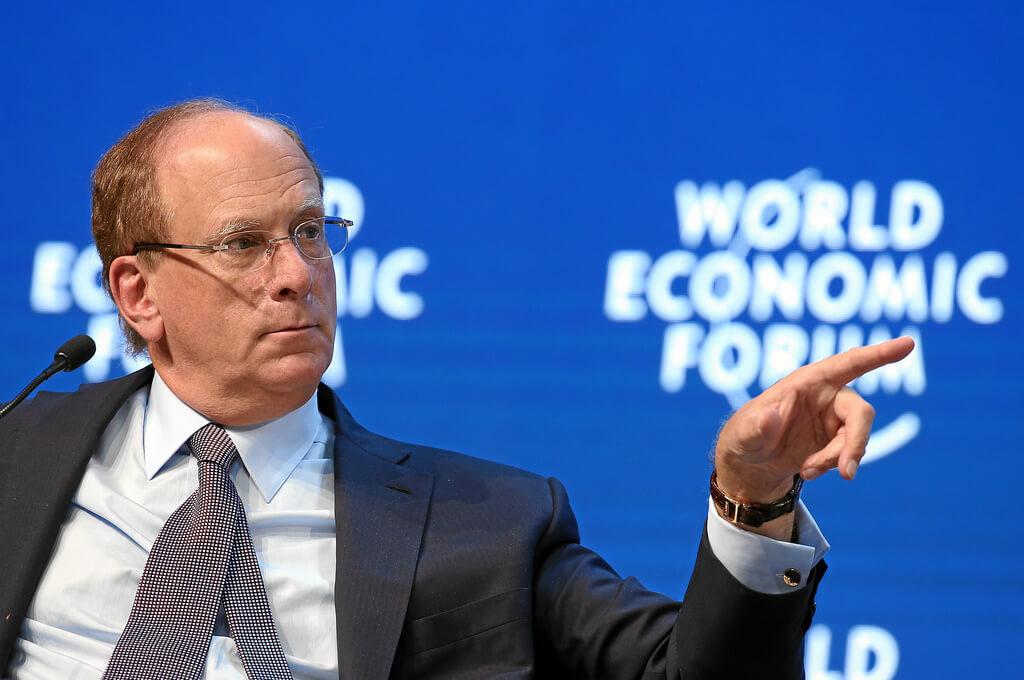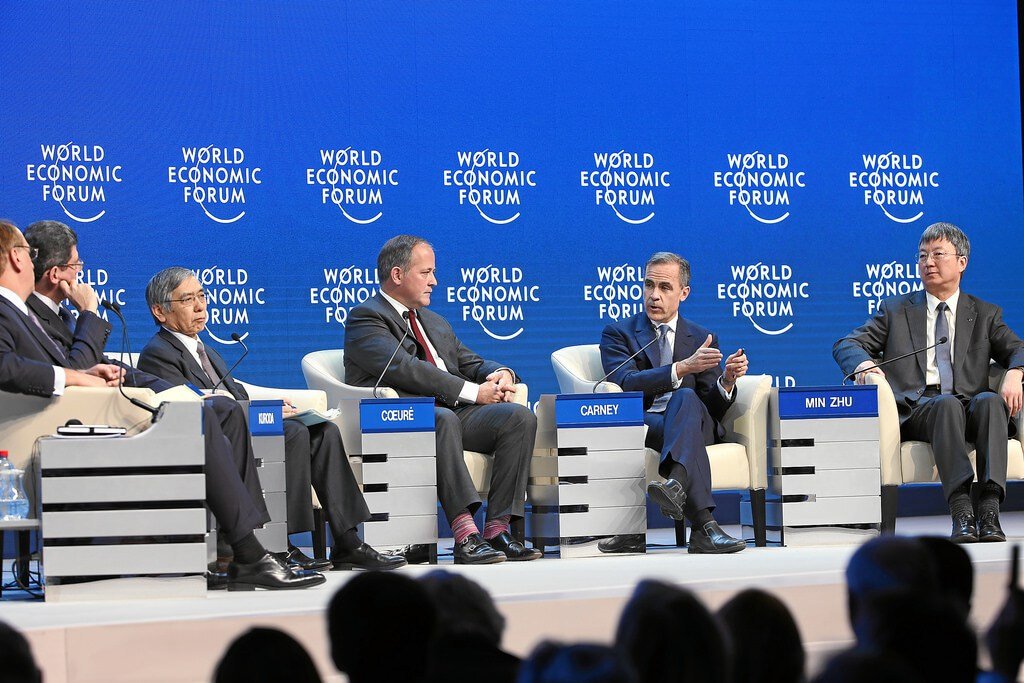Featured
BlackRock CEO strongly reminds firms of social responsibility
Fink stresses the importance of giving back to the community and not just focus on getting profits to global companies.

Aside from profits, companies should also give attention to their responsibilities in making a difference in their communities, or they will lose support from the world’s largest investments firm.
This was the message BlackRock, Inc. Chief Executive Officer Laurence Fink sought to offer business leaders across the globe in his letter this year.
A similar message was conveyed in his 2012 letter to CEOs, which was the prelude to his annual series that commenced in 2014. Four years ago, he reminded companies of focusing on the long-term when the temptation to share buybacks looms.
In 2015, Fink urged companies to veer away from activist shareholders. He has always denounced their role in compelling companies to underinvest in the “essential capital expenditures necessary to sustain long-term growth.” In 2016, he stressed the need to share the annual strategic frameworks of stakeholders “for long-term value creation” so as to encourage evaluation.
Last year, he lamented the cons of globalization, particularly how the rapid rise of technology is transforming the labor market. Companies continue to find ways of maximizing technology for tasks previously performed by lower-skilled workers.
Purpose-driven growth
Fink’s 2018 letter is entitled “A Sense of Purpose,” which highlights social corporate works as contributing to the long-term growth of a company and that society is turning more than ever to the private sector rather than government for aid with the latter failing to address societal concerns, for the most part. Companies should deliver for society in order to sustain its existence.
”Companies must benefit all of their stakeholders, including shareholders, employees, customers, and the communities in which they operate,” Fink said.
The BlackRock CEO once again emphasized in the letter the importance of communication between shareholders and the companies in fostering long-term growth. He also noted his company’s efforts to do so by shifting its focus from proxy voting to engaging with companies.

Laurence Fink is seen with fellow economic leaders at the World Economic Forum. (Photo by World Economic Forum via Flickr. CC BY-NC-SA 2.0)
Fink noted that he has asked BlackRock Vice Chairman and co-founder Barbara Novick to oversee the firm’s efforts in this framework. Meanwhile, global head of investment stewardship Michelle Edkins will proceed with her task of leading her group.
“We also intend to double the size of the investment stewardship team over the next three years,” Fink added. These efforts are expected to translate into “deeper, more frequent, and more productive conversations” with stakeholders.
Although the investment manager does not downplay the essence of profits, the approach he offers also adapts to a company’s goal to bolster income.
“Index investors are the ultimate long-term investors,” Fink said. He also warned against investors who fall short of its social responsibility. BlackRock is capable of withdrawing support from the funds it handles by selling off securities of its inactive funds—about $1.7 trillion of them. They are uncertain about its strategic course or its growth in the long run.
BlackRock has about $6.3 trillion worth of assets under its management, making it the world’s largest asset manager today.
(Featured image by World Economic Forum via Flickr. CC BY-NC-SA 2.0)

-

 Africa1 week ago
Africa1 week agoBLS Secures 500 Million Dirhams to Drive Morocco’s Next-Gen Logistics Expansion
-

 Fintech2 weeks ago
Fintech2 weeks agoRipple Targets Banking License to Boost RLUSD Stablecoin Amid U.S. Regulatory Shift
-

 Impact Investing3 days ago
Impact Investing3 days agoSustainable Investments Surge in Q2 2025 Amid Green and Tech Rebound
-

 Biotech1 week ago
Biotech1 week agoBiotech Booster: €196.4M Fund to Accelerate Dutch Innovation


























You must be logged in to post a comment Login